President's Postdoctoral Fellowship Program
Visit the University’s President’s Postdoctoral Fellowship Program website to learn more about application information, deadlines, and frequently asked questions.
Overview
The President's Postdoctoral Fellowship Program (PPFP) is a University of Minnesota program that seeks applicants whose research, teaching, and service will contribute to diversity, inclusion, and equal opportunity in higher education and at the University. The goal is to recruit diverse applicants who may be considered for tenure-track positions at the University of Minnesota.
As part of a national academic cohort that began at the University of California, the PPFP is interested in scholars with the potential to bring to their research and teaching the perspective that comes from their educational background or understanding of the experiences of groups historically underrepresented in higher education.
CLA Participation
Applications are currently under review for fellows in the College of Liberal Arts (American Studies; Anthropology; Geography, Environment & Society; and German, Nordic, Slavic & Dutch).
Meet CLA's President’s Postdoctoral Fellows
2023-24 Fellows
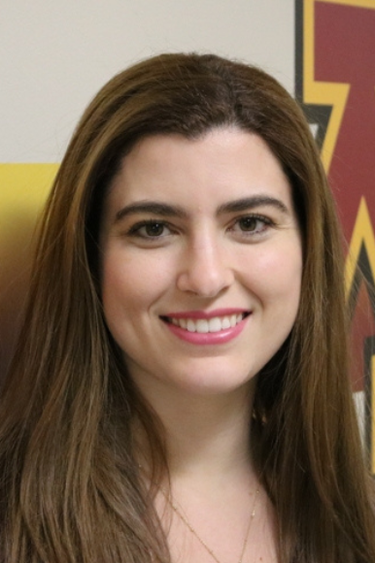
Dr. Velloso’s research aims to examine diversity in media and aid in the production of journalism that is “accountable to the communities it serves.” Learn more about Carolina Siqueira Paranhos Velloso.
2022-23 Fellows
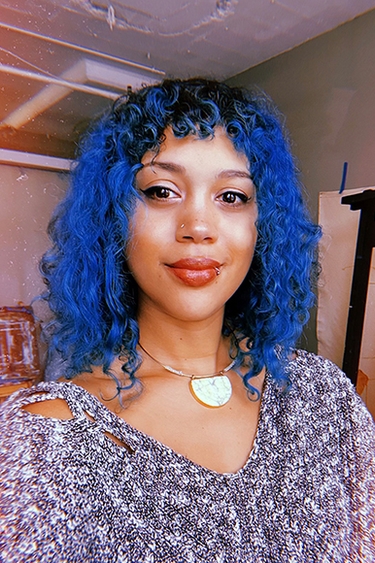
A nation-wide President’s Postdoctoral Fellowship Program search resulted in the hiring of Leslie Barlow, an amazing artist who is a fixture in the Twin Cities art community. Learn more about Leslie Barlow.
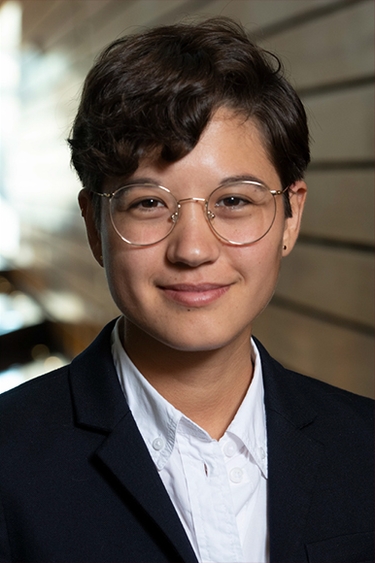
Mari Jarris was a 2022–23 President's Postdoctoral Fellow in the Department of German, Nordic, Slavic, and Dutch. Learn more about Mari Jarris.
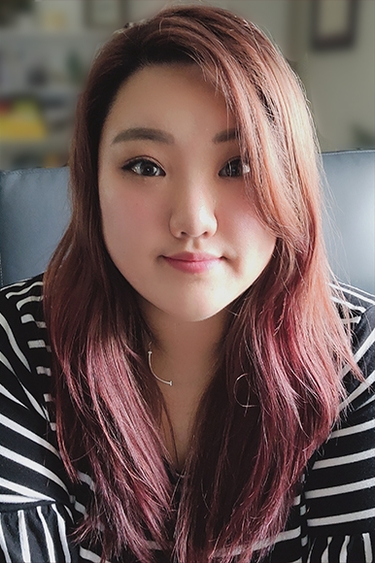
Deborah B. Yoon was a 2022-23 President's Postdoctoral Fellow. Dr.Yoon is now a faculty member in the Department of Communication Studies. Learn more about Deborah (Deb) Yoon.
2021-22 Fellows
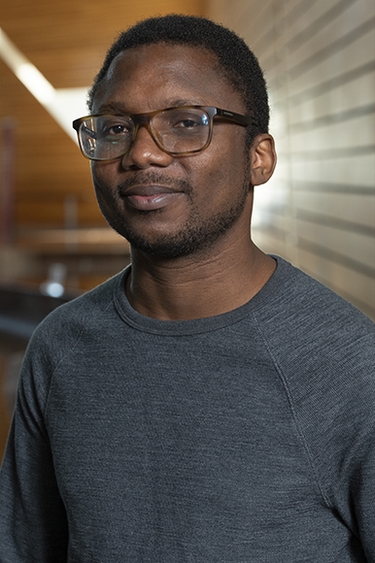
Samuel Akinbo was a 2021–22 President's Postdoctoral Fellow in the Institute of Linguistics. Learn more about Samuel Akinbo.
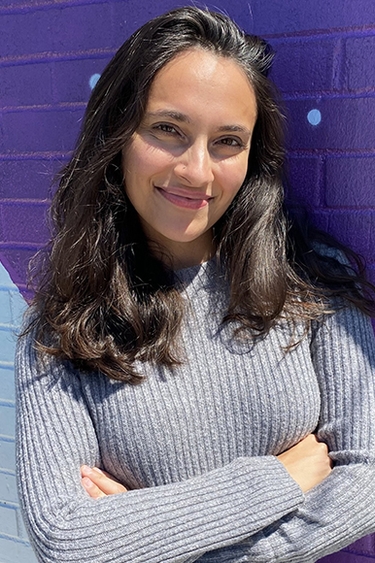
Sarah Balakrishnan was a 2021–22 President's Postdoctoral Fellow in the Department of History. Learn more about Sarah Balakrishnan.
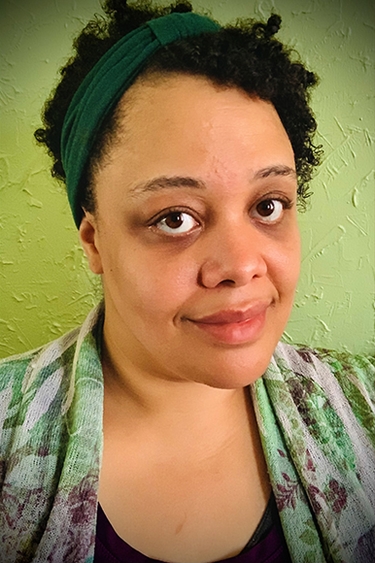
Alayo Tripp was a 2021–22 President's Postdoctoral Fellow in the Department of Speech-Language-Hearing Sciences. Learn more about Alayo Tripp.
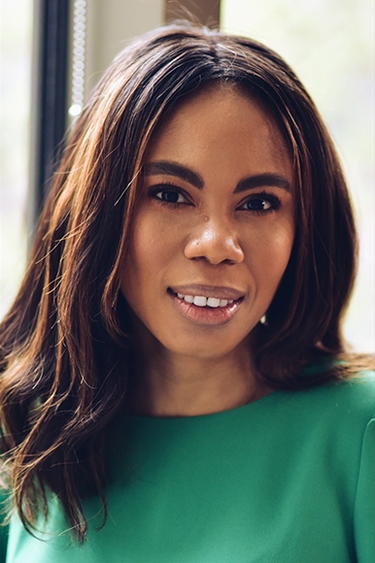
Magdala Lissa Jeudy was a 2021–22 President's Postdoctoral Fellow. Dr. Jeudy is now a faculty member in the Department of French & Italian. Learn more about Magdala Lissa Jeudy.
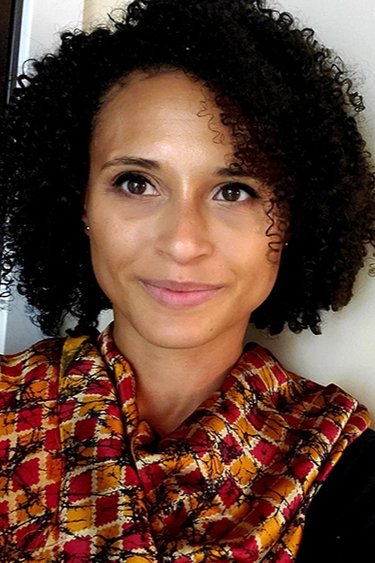
Jessica Horvath Williams was a 2020–21 President's Postdoctoral Fellow. Dr. Williams is now a faculty member in the Department of English. Learn more about Jessica Horvath Williams.
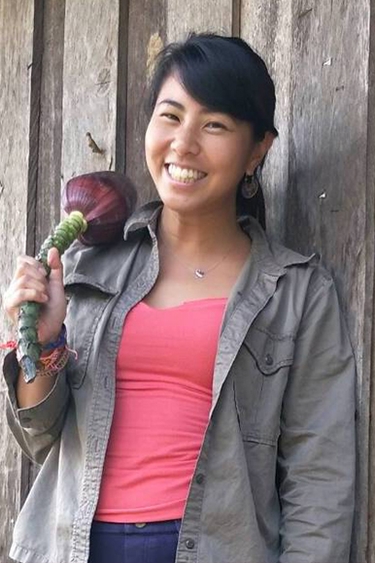
Meixi was a 2020–21 President's Postdoctoral Fellow in the Department of American Indian Studies. Learn more about Meixi.
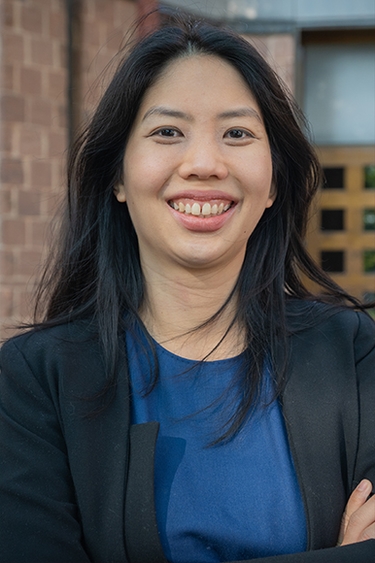
Elizabeth Wijaya was a 2018-19 President's Postdoctoral Fellow in the Department of Asian & Middle Eastern Studies Learn more about Elizabeth Wijaya.